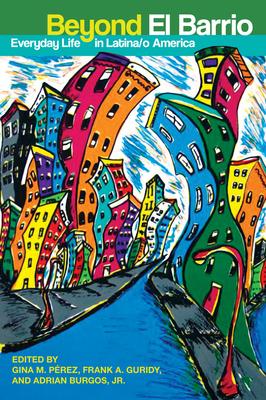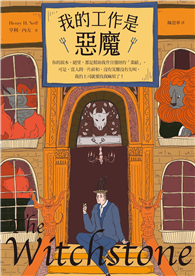"By complicating current representations of Latino/a lives and communities, this groundbreaking work provides a more global, transnational, and fluid understanding of barrios both as physical spaces and as metaphors. A smart and engaging intervention on some of the most critical questions surrounding Latinos' citizenship, sexuality, activism, and cultural politics."---Arlene Davila, author of Latino Spin: Public Image and the Whitewashing of Race
"This interdisciplinary collection contests Latinos' problematic hypervisibility by exploring their expressions of agency related to citizenship and nationalism, gender and sexuality, and community activism in multiple sites. The fascinating case studies illuminate how Latinas and Latinos of diverse origins negotiate complex local and transnational power relations."---Patricia Zavella, University of California, Santa Cruz
"Freighted With meaning, "el barrio" is both place and metaphor for Latina/o populations in the United States. Though it has symbolized both marginalization and robust and empowered communities, the construct of el barrio has often reproduced static understandings of Latina/o life; they-fail to account for recent demographic shifts in urban centers such as New York, Chicago, Miami, and Los Angeles, and in areas outside of these historic communities. Beyond El Barrio features new scholarship that critically interrogates how Latina/os are portrayed in media, public policy and popular culture, as well as the material conditions in which different Latina/o groups build meaningful communities both within and across national affiliations. Drawing from history, media studies, cultural studies, and anthropology, the contributors illustrate how despite the hypervisibility of Latina/os and Latin American immigrants in recent political debates and popular culture, the daily lives of America's new "majority minority" remain largely invisible and mischaracterized.
Taken together, these essays provide analyses that not only defy stubborn stereotypes, but also present novel narratives of Latina/o communities that do not fit within recognizable categories. In this way, this book helps us to move "beyond el barrio": beyond stereotype and stigmatizing tropes, as well as nostalgic and uncritical portraits of complex and heterogeneous range of Latina/o lives.
| FindBook |
|
有 1 項符合
guridy的圖書 |
 |
$ 2340 | Beyond El Barrio: Everyday Life in Latina/O America
作者:Perez,Gina M.(EDT)/Guridy,Frank A.(EDT)/Burgos,Adrian(EDT) 出版社:New York Univ Pr 出版日期:2010-10-27 語言:英文 規格:平裝 / 14.6 x 22.2 x 1.9 cm / 普通級  看圖書介紹 看圖書介紹
|
|
|
圖書介紹 - 資料來源:博客來 評分:
圖書名稱:Beyond El Barrio: Everyday Life in Latina/O America
|











